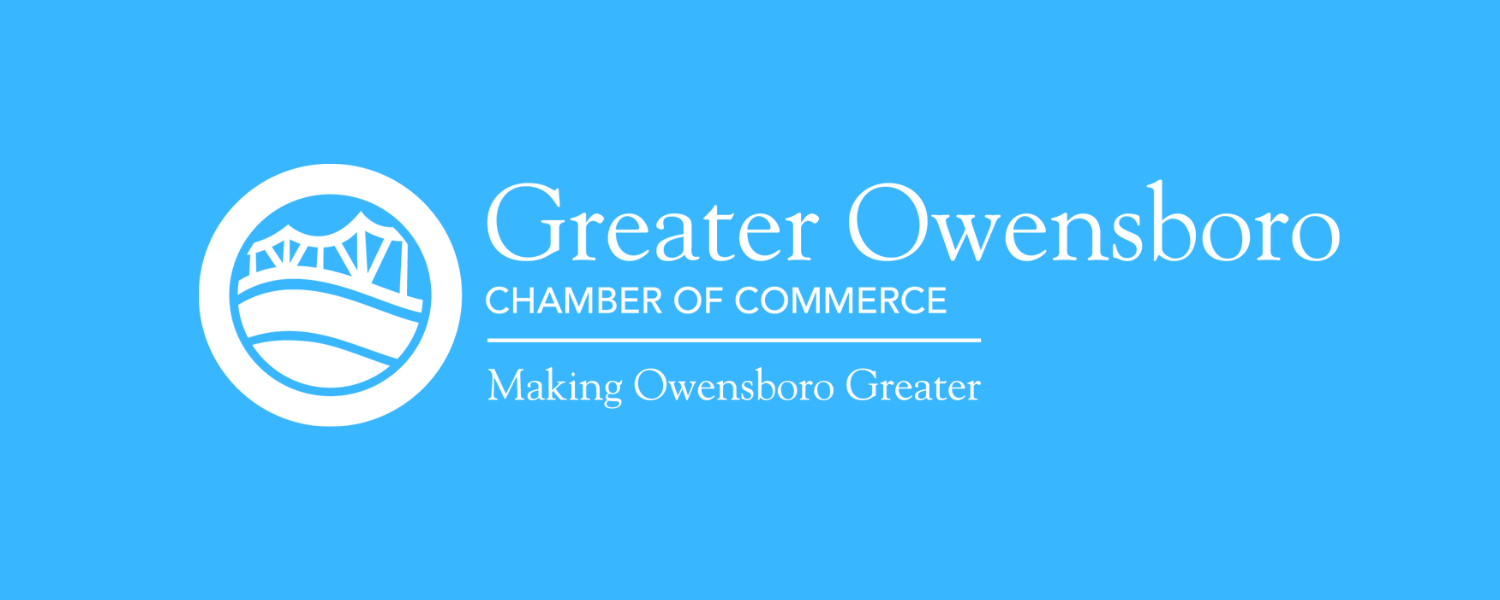In 1980, the Kentucky General Assembly passed home rule legislation to give local governments more power.
But it didn’t go far enough, Candance Brake, president of the Greater Owensboro Chamber of Commerce, said last week.
“Our big issue this year is home rule,” she said. “Cities of the second class like Owensboro have their hands tied when it comes to raising revenue. But cities of the fourth and fifth class can have a restaurant tax for recreation and infrastructure. Smaller cities can raise revenue from different sources, but we can’t. We want to try to get home rule more flexible.”
In 2015, the general assembly redid the classification of cities based on size.
There are no more cities of the second class or lower.
Louisville remained a first-class.
But all the other cities became “home rule cities.”
However, the rules that each class of city had operated under for decades didn’t change.
And cities of the second class didn’t get the taxing authorities that smaller cities have.
Beaver Dam passed a 3 percent restaurant tax in 2014 that has pumped $175,000 into tourism and parks there in the past four years.
But Owensboro isn’t allowed to pass a restaurant tax.
City and county officials have also pushed Frankfort to allow a local option sales tax to be voted on by local people.
Voters would have to decide on how much the tax should be and what project it could be used for.
But the Kentucky General Assembly has yet to approve the plan.
“The most important thing is the local option sales tax,” Brake said. “It gives us the flexibility to decide if we want a project and decide on a tax increase. A 1 percent local sales tax would raise $13.5 million a year.”
She said, “Frankfort has tied our hands. We want them to leave us alone and let us do our own thing. We want to determine our own future. It’s part of being a Kentuckian.”
Transportation is as much a priority to the local chamber as increased home rule, she said.
“We’ve done well in transportation projects the last few years,” Brake said. “And we want to continue to upgrade our infrastructure.”
The chamber is conducting an online “2018-19 Public Policy Survey” of its members, which it says is “a key part of the chamber’s process to formulate public policy priorities for the 2018 election and for the 2019 General Assembly session.”
“This is our way of gauging how our members feel on issues,” Brake said. “It let us take the pulse of how businesses feel about the economy. We ask them what it would take for them to grow their business by 10 percent.”
Members are asked to rate the local and state economic conditions.
They’re also asked to decide how much priority to give such things as ensuring that the region has an educated and qualified workforce; restoring education funding to pre-recession levels; upgrading infrastructure; ensuring that Kentucky has a competitive, pro-growth tax code; eliminating the 2018 tax on services such as landscaping and veterinarian services; and eliminating the 2018 tax on nonprofit fundraisers.
Chamber members are asked if they support an increase in Kentucky’s minimum wage rate and if so, how much — $10.10, $12 or $15 an hour.
There are also questions about tax reform and which taxes to eliminate, reduce or expand.
Another question asks what percentage of employees make minimum wage.
There’s also a question about whether the city should start selling off its assets to fund the current debt and one on the availability of the workforce in the region.
Once the results are tallied, the chamber will know what its members’ priorities are, Brake said.
By Keith Lawrence Messenger-Inquirer

